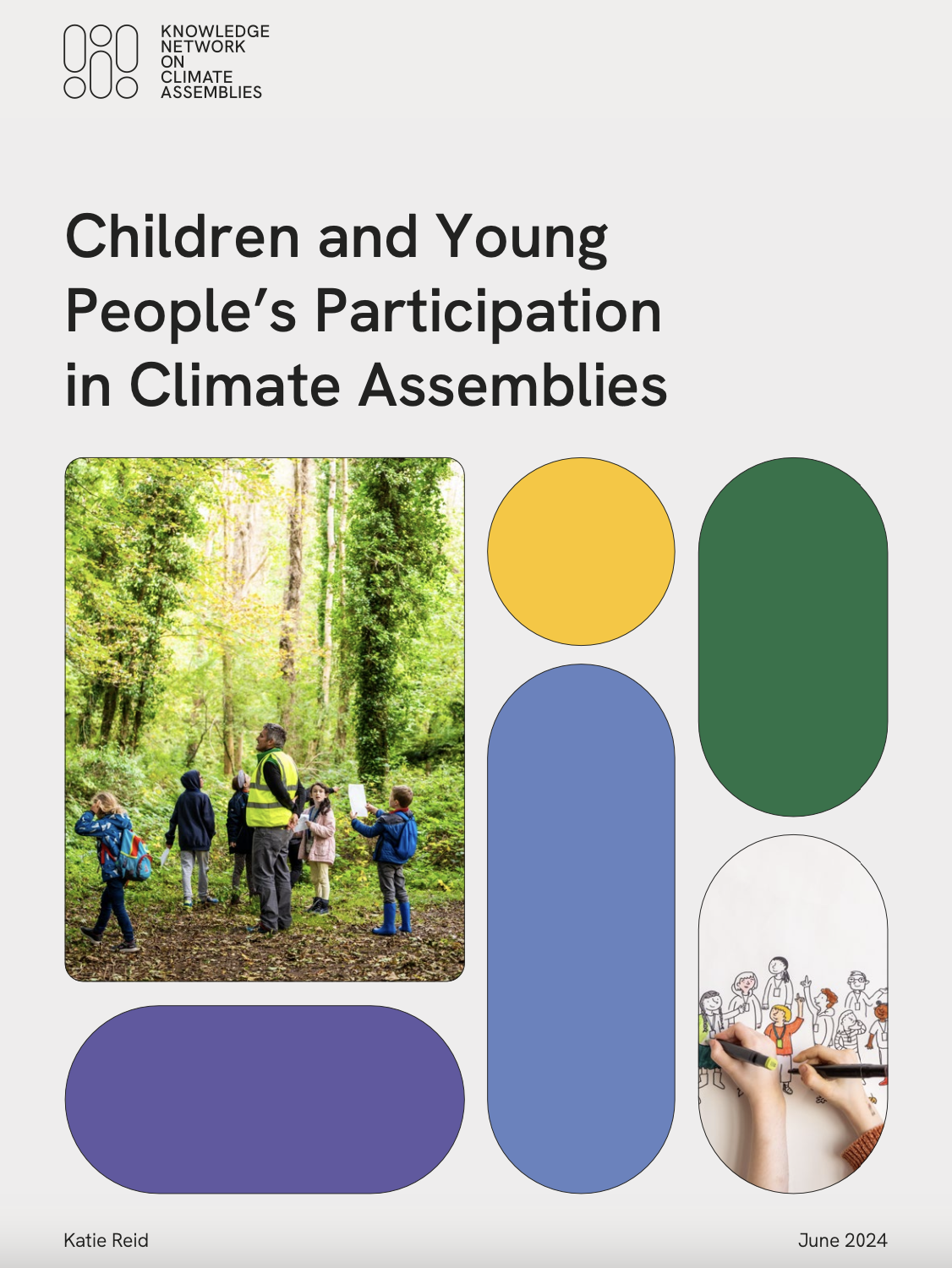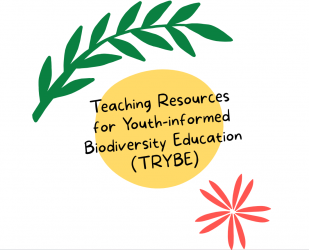
KNOCA guide on Children and Young People’s Participation in Climate Assemblies

A new guide draws on the experiences and advice of children, young people and adults involved in citizens’ assemblies that have taken place at national, city and community levels across nine countries, highlighting that:
- Involving children and young people can enrich the intergenerational legitimacy and impact of climate assemblies: adult assembly members are reminded of their responsibilities to younger and future generations, and children and young people feel listened to, valued and taken seriously.
- Involving children and young people has significant potential to strengthen the future of democracy and climate governance by enhancing democratic and climate literacy within education systems.
- Children and young people can and should be involved in climate assemblies in different ways. Most importantly, children and young people should be involved from the very beginning of the process to ensure it reflects children and young people’s own ideas.
- There are practical, ethical and design factors to consider when working with children and young people which can often be positively navigated by taking a child rights-based approach to the conceptualisation, design and delivery of climate assemblies.
The guide includes input from MaREI’s Catriona Reid and Aoife Deane who worked on the Children and Young People’s Assembly on Biodiversity Loss and a follow-on project called Teaching Resources for Youth-informed Biodiversity Education (TRYBE) led by MaREI at University College Cork.
KNOCA is a European-based network that aims to improve the commissioning, design, implementation, impact and evaluation of climate assemblies, using evidence, knowledge exchange and dialogue. KNOCA documents climate assembly practice, identifies and disseminates best practice for impact and shapes future trends.
The full guide is available to read here.






